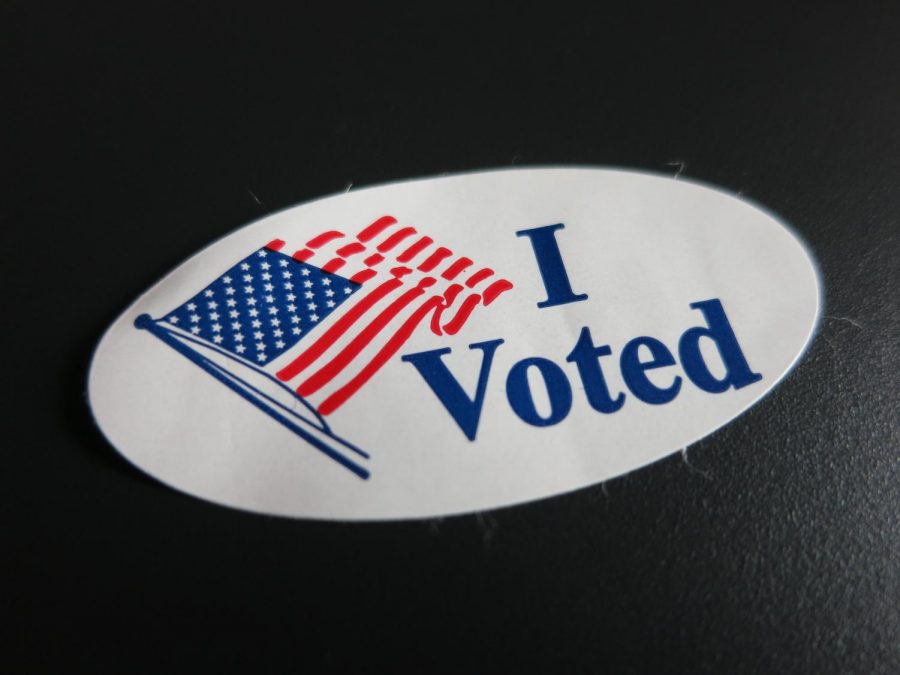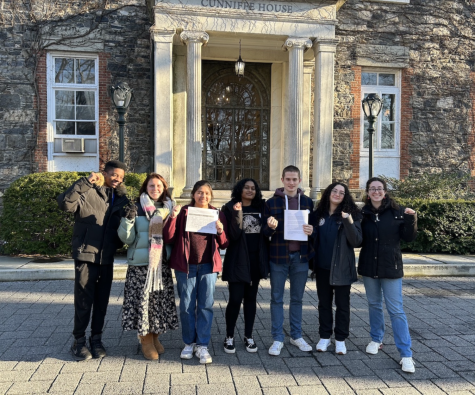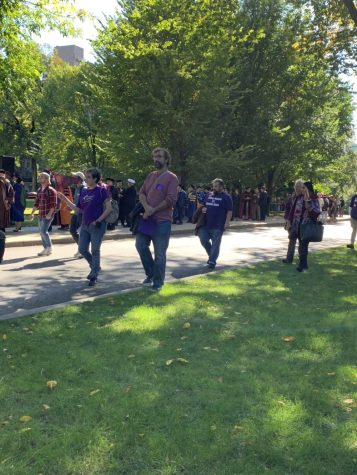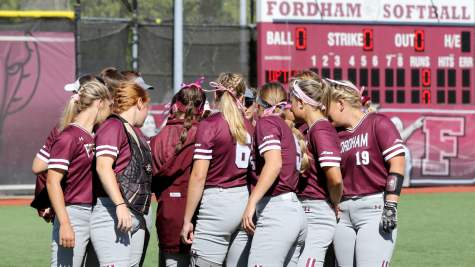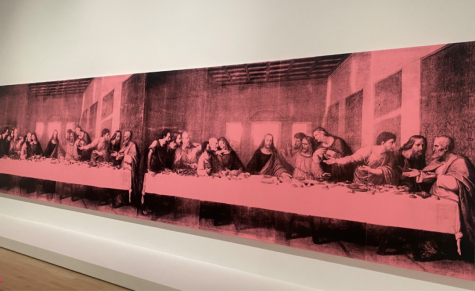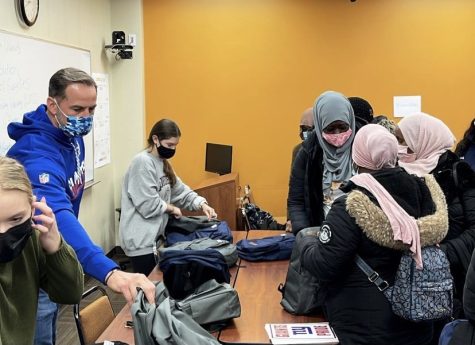College Political Groups Discuss Super Tuesday
14 states held their primaries on Tuesday March 4.
Fourteen states and one territory voted on Super Tuesday, March 3, for the Democratic presidential primaries. 1,357 pledged delegates were up for grabs – 34 percent of the nation’s total.
Former Vice President Joe Biden won ten state primaries, including Alabama, Arkansas, Maine, Massachusetts, Minnesota, North Carolina, Oklahoma, Tennessee, Texas and Virginia. As of 5 p.m. Wednesday, March 4, Biden has 433 total pledged delegates according to the New York Times.
Senator Bernie Sanders won four states, with successes in California, Colorado, Utah and his home state of Vermont. According to the NYT, Sanders currently has 388 pledged delegates.
Former New York City Mayor Michael Bloomberg won the caucuses in American Samoa, but dropped out of the race Wednesday morning to endorse Biden. Sen. Elizabeth Warren has yet to win a presidential primary in the 2020 cycle.
The College Democrats hosted a Super Tuesday watch party from 8 p.m. to 11 p.m. the night of the elections. President Michael Fissinger, FCRH ’21, said he thinks Biden’s primary win in South Carolina this weekend helped his campaign.
“It definitely seems like the momentum Biden got in South Carolina carried over,” he said. “It is always hard to tell how fast momentum is going to move in a race that is as compressed and tight like this.”
He believes the endorsements by former Mayor Pete Buttigieg from South Bend, Indiana and Sen. Amy Klobuchar almost certainly helped Biden’s successes. He cited Minnesota, Klobuchar’s home state, as an example.
Tim Kyle, FCRH ’21, president of the College Republicans, agreed that Klobuchar and Buttigieg’s endorsement had an affect on the primaries. However, he said he believes it was an effort by the Democratic National Committee to move support away from Sanders.
“The sudden and coordinated dropouts of Buttigieg and Klobuchar, and now Bloomberg, makes one thing obvious – whether it is Trump or Sanders, the Washington establishment fears outsiders who want change,” he said.
Although the College Democrats will not endorse a presidential candidate until the Democratic nominee is chosen, Fissinger said he believes Sanders, Warren and Biden are all viable candidates for the 2020 general election.
However, he said the November general election results are going to be close regardless of the nominee.
Fissinger believes for the Democratic nominee to win, they will have to turn out people who do not typically vote, and win back some people who voted for President Donald Trump in 2016.
“(Sanders, Warren and Biden) have the capability to do both of those things, but whether or not they do is going to depend on how disciplined of a general election campaign they run and the willingness of the Democratic base to help turn out voters,” he said.
Kyle said he thinks the current state of the Democratic primaries indicate a second term for Trump.
“Unless something big changes, 2020 will be a landslide for President Trump,” he said.
After a majority of Tuesday’s results were confirmed, Fissinger said he thinks it is still a competitive race between Bernie and Biden.
“Biden may get a lot of the momentum out of the night but in terms of delegate math Sanders is still very much alive in this race,” he said. “Bernie is going to have to come up with a plan to combat that momentum and make sure people still see him as a front runner.”
Fissinger believes Warren has an outside shot at the nomination as well, although it may be a little too late in terms of how many delegates have already been awarded. He said her campaign may have to rely on a contested convention, a scenario in which no candidate goes into the convention with enough delegates to secure the party nomination.
“I think she is probably going to position herself as a middle ground in between Biden and Bernie,” he said. “A lot of progressive policies that Sanders and Warren support are popular, and you see Warren signal to (voters) that she is the kind of a candidate who can get those policies done.”
Fissinger said Bloomberg was in a unique position as a candidate due to his funding and timing. Bloomberg was the last to announce his candidacy in November 2019 and has self-financed his campaign.
“I don’t think nationally people had the time to get attached to him as a candidate as they have the other candidates,” he said.
He said Bloomberg’s absence from the race would not have a major affect on the rest of the cycle.
The next Democratic primary elections will be on Tuesday, March 10. Six states will vote, including Idaho, Michigan, Mississippi, Missouri, North Dakota and Washington. 352 pledged Democratic delegates will be at stake.



































































































































































































